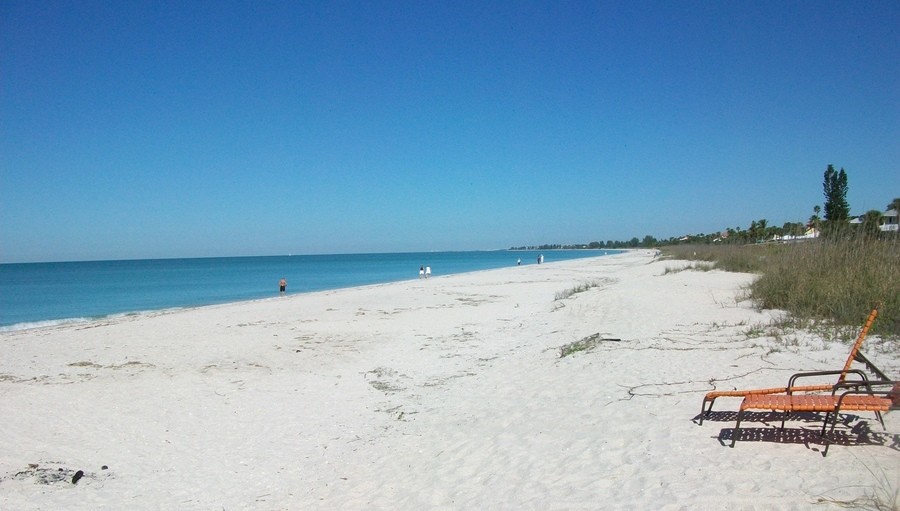Local Journalism's Worth to Democracy
Under The Hood
SRQ DAILY
SATURDAY JUN 30, 2018 |
BY JACOB OGLES
It may surprise many outside the profession to hear journalists rarely like to make news. That may seem a contradiction for a field where reporters and photographers brand their work with bylines, but even under the best of circumstances, professionals in my chosen career field prefer to keep the focus on just about everyone else.
Still we can daydream about a time not so long when the news enjoyed a level of public esteem. Less than 100 years ago, comic book artists crafting superheroes often made them journalists. It’s no surprise both Superman and Spiderman keep day jobs at the local paper. The power of the press may be these heroes most potent but underappreciated power. But I suspect the anonymity of the job also made reporting a reasonable backstory for a secret identity.
But the tragedy in Annapolis on Thursday, where five people in the Capital Gazette newsroom lost their lives at the hand of a gunman violating the sanctity of the industry. Print reporters, now eyewitnesses to the largest news story in America, found themselves in front of TV news cameras sharing accounts of the shooting, even as they worked to put together the next day’s edition. The shooting showed the extent to which individuals can ignore the humanity of those in this profession—and in general. It served a painful reminder that while reporters prefer to sit in the back row of government chambers, our workplace can be violated the same as night clubs and schools. We can’t always sense fatal danger coming. We are not bulletproof.
It’s been en vogue to say recently journalism in America has come under attack. Like so many similar metaphors, the terminology sounds suddenly tasteless the moment it appears most true. We know this attack had nothing to do with the divisive dialogue waged by our national leaders. Rather, it stemmed from a local crackpot, the type any local journalist frequently encounters within the first year on the beat. In this case, the shooter had a grudge against the paper that went back some time. What’s scary to reporters and editors across the country today is we’ve all encountered some individual so close to the edge it might take very little to push them into the realm of insanity.
While the most notable journalists in the nation may be millionaires trading on controversy, the bulk of workers in the field spend their evenings missing family events to cover late-night political arguments, or covering crime scenes to satiate the curiosity of our readers. I often get asked why I entered journalism. It’s not the money; this career track offers an infamously low starting salary for one demanding high literacy and expecting everyone to hold a college degree. And it’s not to become popular. In an age when political adversaries refuse to share restaurant space with one another, we work overtime to keep communication lines open with those who represent a wide share of agendas and views, and with those who often dislike the words we write.
So why do it? Simple. We know the public deserves to be informed. To suggest otherwise deems American democracy unworkable. That’s why journalists drive in hurricanes to let people know which roads are out, why they put off calls with insurance adjusters so they can post briefs online about when everyone else will get their power back. We do it for a public that needs information even if they increasingly seem dislike the source. We do it when the story is about colleagues losing their lives doing what we do every day.
And sometimes we make mistakes. Sometimes bias slips into our work, despite our best efforts. Clark Kent may be the perfect man, but real world media outlets get staffed with flawed human beings. But that won’t stop us from trying to save the world.
Jacob Ogles is contributing senor editor for SRQ Media Group.
« View The Saturday Jun 30, 2018 SRQ Daily Edition
« Back To SRQ Daily Archive










